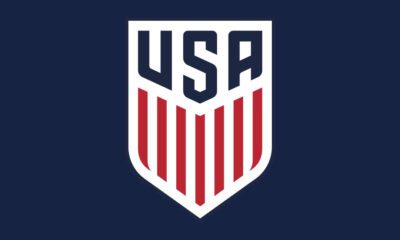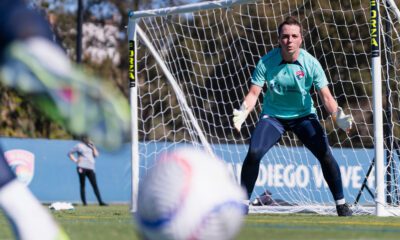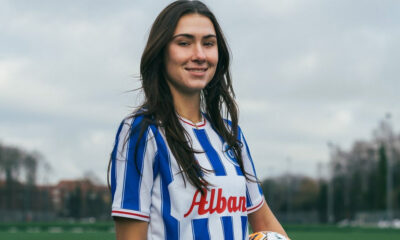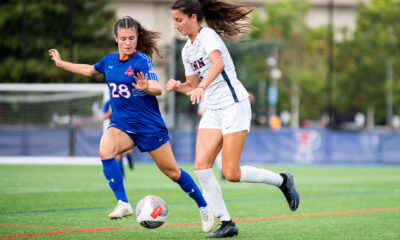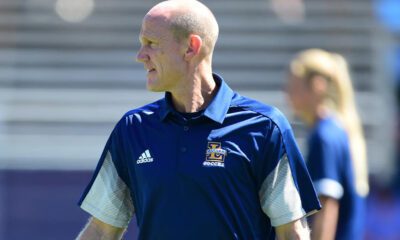Features
Gina Lewandowski settling into new roles following her 15-Year professional career
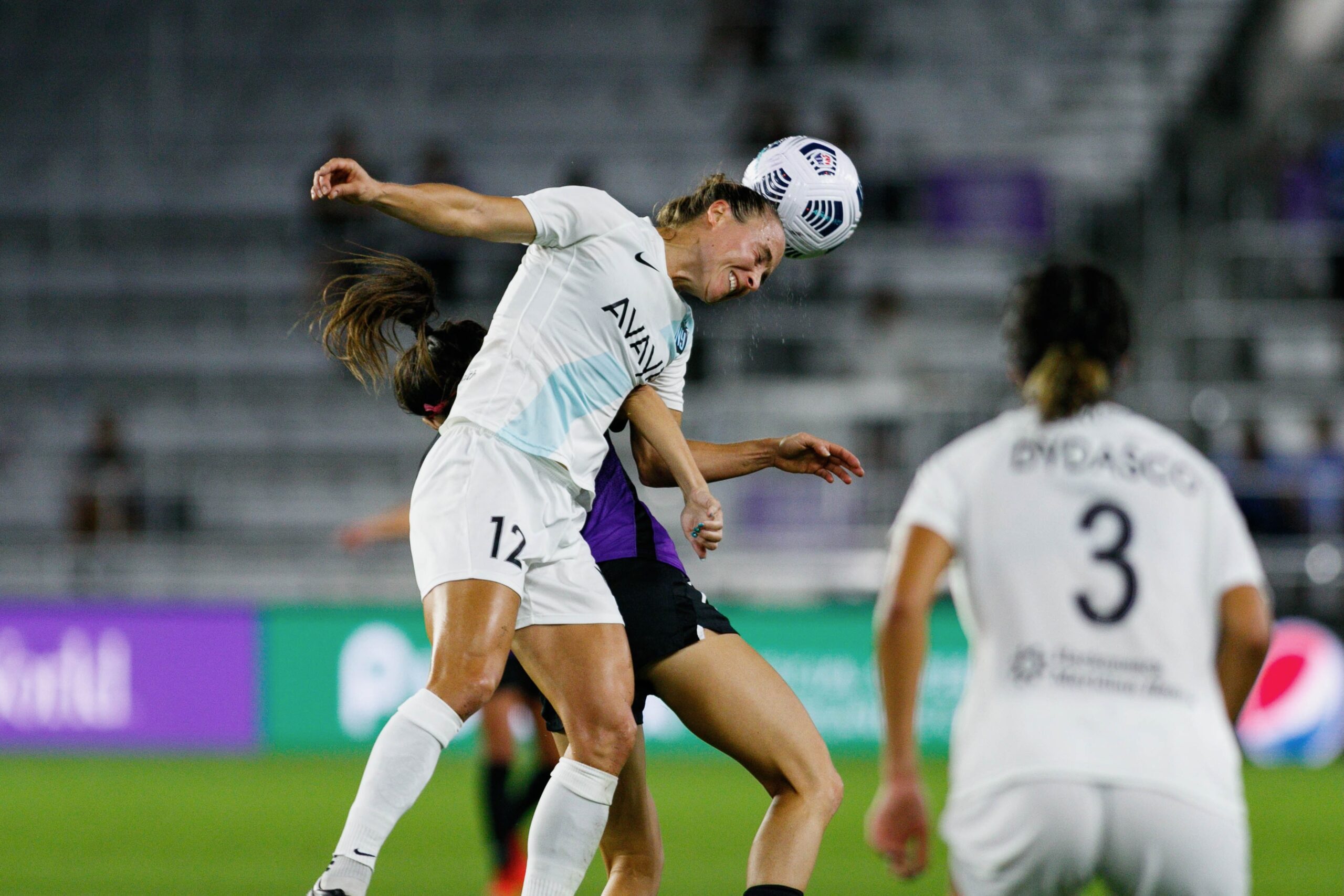
Below is a list of Americans who’ve played in two European Champions League Finals: Gina Lewandowski That’s it. That’s the list. Lewandowski, who hails from Coopersburg, PA, won Europe’s top trophy in 2008 with FFC Frankfurt, playing every minute of a two-leg 4-3 victory over Swedish side Umeå. In 2012, she played every minute again…

